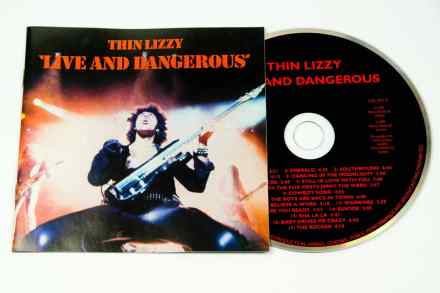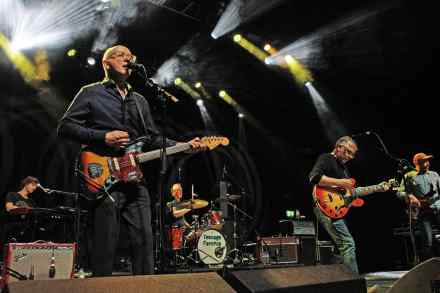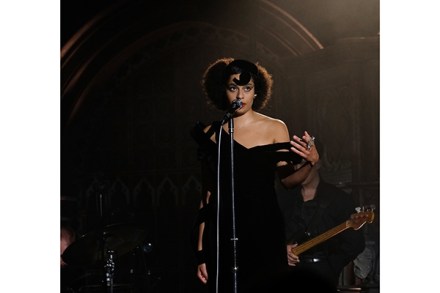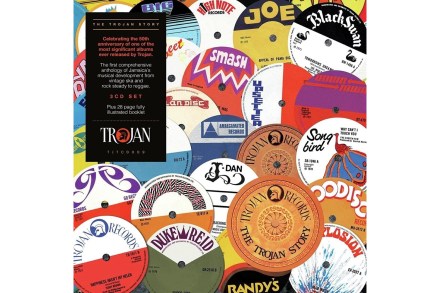One of many soul acts looking back 50 years and doing very good business: Black Pumas, at the Roundhouse, reviewed
No musician ever went bust overestimating the public desire to hear classic soul. Slapping on a Motown backbeat has revived many a career and made many a star. At the simplest level, what wedding band are you going to hire: the one playing note-for-note recreations of acid-rock wig-outs from 1968, or the one playing note-for-note recreations of the Motown, Stax and Atlantic catalogues from the same year? It’s hardly evidence of the appalling taste of the music-buying public. If we’re going to play that silly ‘What pop era was best?’ game, then the answer — as any fule kno — is some point between 1965 and 1969, when rock was



















